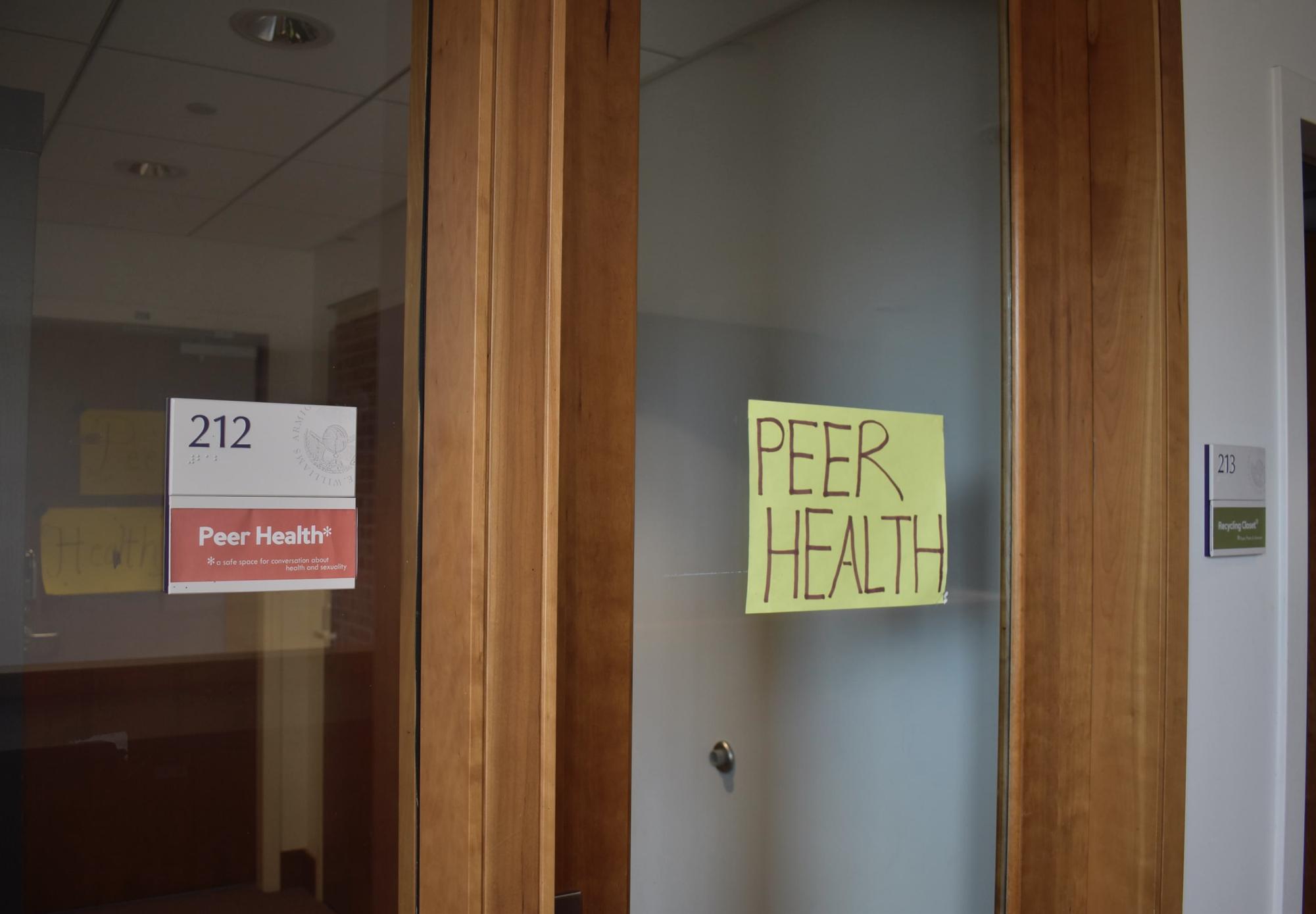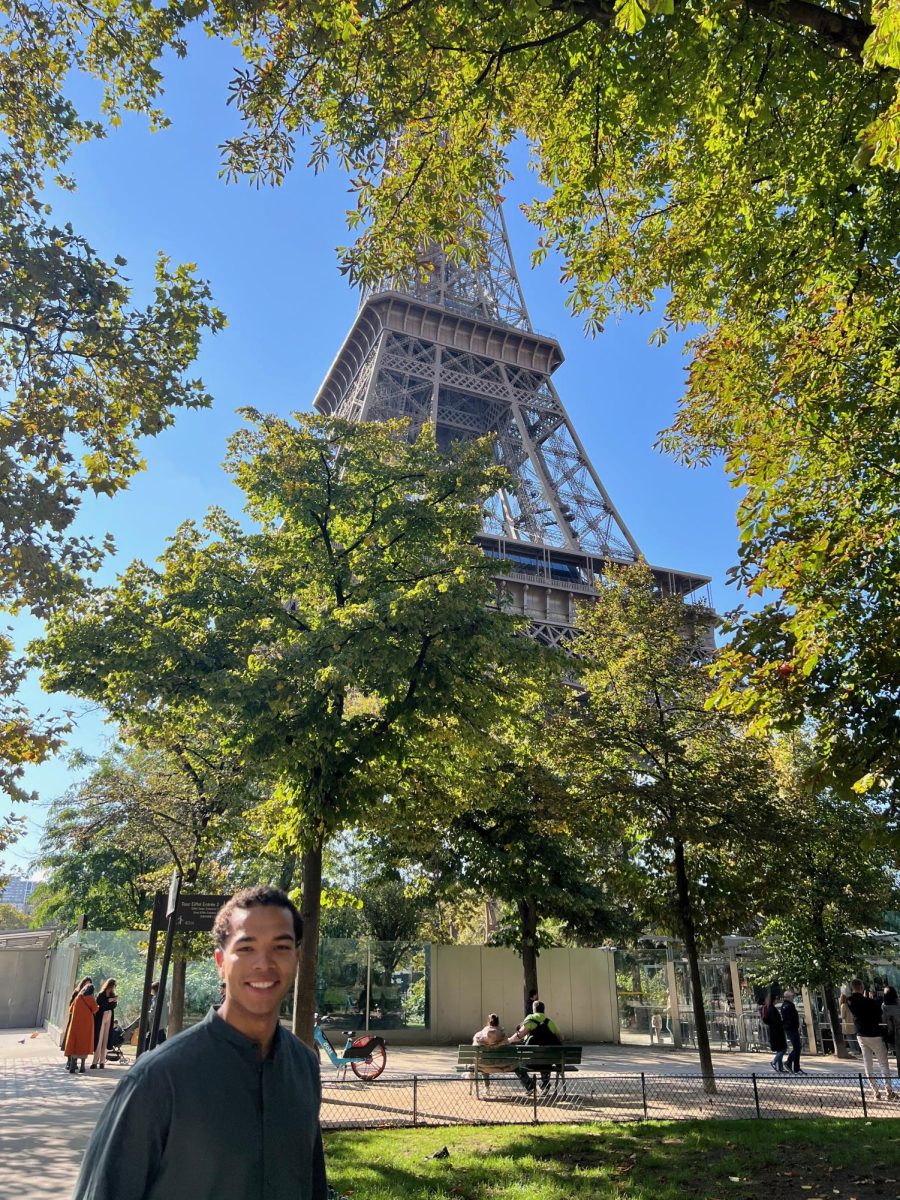
When the Williamstown Apothecary — the only pharmacy within a mile of campus — closes on Nov. 14, students will face challenges in seeking access to a range of health supplies, including over-the-counter medications, prescriptions, menstrual products, and toiletries. Several Registered Student Organizations (RSOs), however — including Peer Health, PERIOD., and the Berkshire Doula Project (BDP) — plan to help fill in the gaps left by the pharmacy’s closure.
For over a decade, Peer Health has provided students at the College with various health supplies and hosted health-related events on campus.
“With the Apothecary closing, it’s difficult to get items such as lotion or basic necessities like tea or hand sanitizer,” Co-chair of Peer Health Santiago Christ ’27 said.
“We hope that, with the Apothecary closing, we can be an accessible resource for students who need these supplies,” added Co-chair Lisa Ji ’27.
The organization circulates an online form in Daily Messages where students can request items they need — including internal and external condoms, water-based and silicone lube, dental dams, earplugs, tea, sleep masks, lip balm, hand sanitizer, menstrual products, and bandages. After a student’s request has been fulfilled by members of Peer Health, the organization emails the student, who then retrieves their package from the Peer Health office on the second floor of the Paresky Center.
Christ also shared concerns with the College’s plan to allow students to pick up regular prescriptions at the Health Center and arrange transportation to another pharmacy when the Health Center is closed or when they need other medications. “It’s a good thing that they’re offering transportation — I don’t want to see it go away,” Christ said. “But it is not at all a substitute for the Apothecary… The whole fact [that students] have to call so far in advance and take the whole day off makes it so inconvenient.”
PERIOD., a global youth-led nonprofit whose mission is “to work to end period poverty and stigma in our lifetime through service, education, and activism,” per its website, has distributed pads and tampons in various academic buildings since students started a chapter at the College in fall 2022.
According to one of PERIOD.’s student leaders, Ella Sukup ’26, the group has not stocked any bathrooms this semester due to delays in funding requests, but with the Apothecary closing, PERIOD. has recommitted itself to supporting menstruators on campus. The group submitted a funding request to FAST last week, which, if approved, will allow it to start stocking bathrooms with menstrual products again soon. “Hopefully, we can respond to what students feel that they need,” Sukup said.
Menstrual products are also available at the Prevention, Education, and Advocacy in Community (PEACe) office in Hopkins Hall.
According to its website, BDP is a “reproductive justice collective” that organizes both on campus and nationwide in order to “expand access to reproductive healthcare and achieve reproductive justice.”
Last spring, Beau Nelson ’25.5, a senior advisor to BDP, distributed 500 emergency contraceptive boxes to students through emailed reguests and other methods.
With the closure of the Apothecary — and its 24/7 vending machine where students could pick up emergency contraceptives free of charge, established by BDP fall 2021 — Nelson told the Record that the organization hopes to find new ways to ensure students have easy access to emergency contraceptives, similar to last spring.
“We’re kind of going back to square one now that the Apothecary doesn’t exist,” Nelson said, noting that students can access Plan B for free at the College’s Health Center — but only during its regular weekday hours. “Emergency contraceptives are more effective the sooner you take them,” they added.
Nelson also criticized the College’s plans to partner with the pharmacy at the North Adams Regional Hospital, which would allow students to access free Plan B when the Health Center is closed.
“Why are we going to get free Plan B at the North Adams Regional Hospital, like five miles away?” Nelson asked. “People should have a walkable, free option.”
Although PERIOD., BDP, and Peer Health are all enthusiastic about making more resources accessible to students, the groups’ leaders said that their assistance will not entirely compensate for the Apothecary’s closure.
“There’s ultimately [only] so much we can do as a club,” Ji said. “I don’t believe that providing students with health supplies is something that should be placed on the shoulders of a student-run organization anyway.”
“All these other student organizations are trying to do their best … but it’s not a permanent solution,” Christ added. “It’s a complement, not a substitute.”








